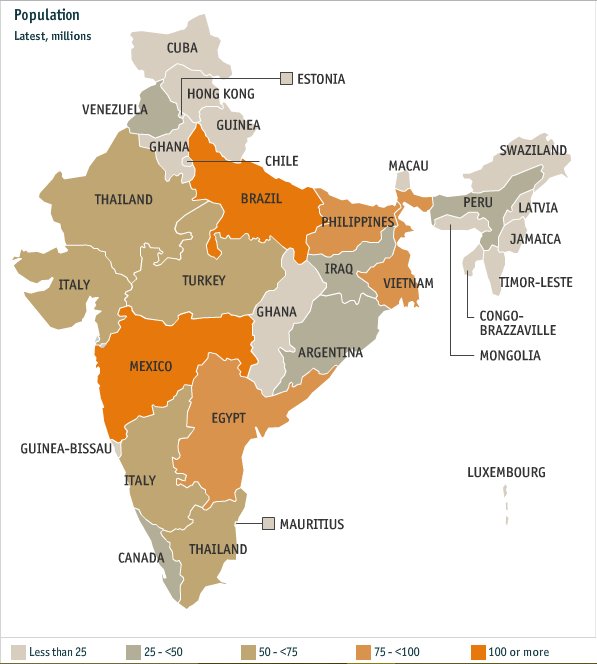
Money is a symbol of energy and sometimes power. As such it has no real intrinsic value. It is neither good nor bad, positive nor negative … (more…)

Money is a symbol of energy and sometimes power. As such it has no real intrinsic value. It is neither good nor bad, positive nor negative … (more…)
 Separate your ego from your trading. The market does not care what college you went to or how many kids you have to feed. Take profits when you have them and NEVER think you are smarter than the market. As they say, “humble yourself or you will be humbled.”
Separate your ego from your trading. The market does not care what college you went to or how many kids you have to feed. Take profits when you have them and NEVER think you are smarter than the market. As they say, “humble yourself or you will be humbled.”

Letting small losses turn into large losses.
— Refusing to take a loss at all.
— Overbetting.
— Bottom fishing/Catching falling knives.
— Averaging down.
— Shorting bulls and buying bears.
— Confusing the company with its stock.
— Falling in love with a “story.”
— Following the leader.
— Buying IPOs.
— Finding the Holy Grail.
— Overtrading.
— Excessive tape watching.
— Being undercapitalized.
— Letting the tax tail wag the stock dog.
— Relying on Blue Channels and Website Analysts
— Thinking this market stuff is easy.
— Thinking rather than looking.
Successful traders do not allow negative emotions to affect their decision-making. Trading is a stressful process, and you will experience many setbacks. Expect them, however, and don’t see losses as indications that you will never succeed. Instead, be prepared to identify your negative reactions and act on them in positive ways.
Successful traders turn fear into gain. They realize that losses are a part of their business, and they expect them. But while they know that some trades will cost them money, they let those same trades become a gain in knowledge. Remember that each time you have a loss, this gives you some guidelines on how to alter your strategy. Perhaps your stop loss needs to be set higher, perhaps you need to alter how you identify trends, or perhaps you need to use new indicators. (more…)



The most difficult thing for traders to do is to sit there and wait. Why? Because, we live in a world that is on a total dopamine, hypomanic binge. This is never more clearly manifest than by those who absolutely have to be in the markets at all times, desperately need to be trading and simply cannot wait. They are human do-ings, rather than human be-ings.
—
There is a wonderful advantage to waiting for the right entry and exit points. This allows you to be in a market- neutral mindset, and frees you from looking frantically for bearish or bullish views to justify your biases. Granted, you are not making money, but you are also (and much more importantly) not losing it. You are preserving capital. You can take time to reflect study, hone and refine your trading plan, adopt some healthy exercise and dietary habits, and become a stronger and more centered person. Simply waiting without stress for the right opportunity allows you to become a more rational and impartial observer.
Patience frees you from active involvement in the chaotic, and often reckless, behavior of others in the markets, and it puts you and your trading plan into a clearer perspective. It allows you to see yourself as a human be-ing, rather than a human do-ing.
When you first started trading, what did you hear constantly? Preserve your capital. You heard it, but maybe you did not listen, or did not understand. If you have no financial capital to use, you are out of the game. If you are chasing or getting in just to get in and are getting whipsawed daily; and you are losing, drip by drip, or in larger chunks, you are out of the game. If you are cutting your winners too quickly and letting your losers ride, you are out of the game.
If you wait, take time, assess the situation and then pounce like a jaguar at the right opportunity, your chances for trader longevity increase significantly. You have preserved your financial capital, and deployed it appropriately with a good risk/reward ratio.